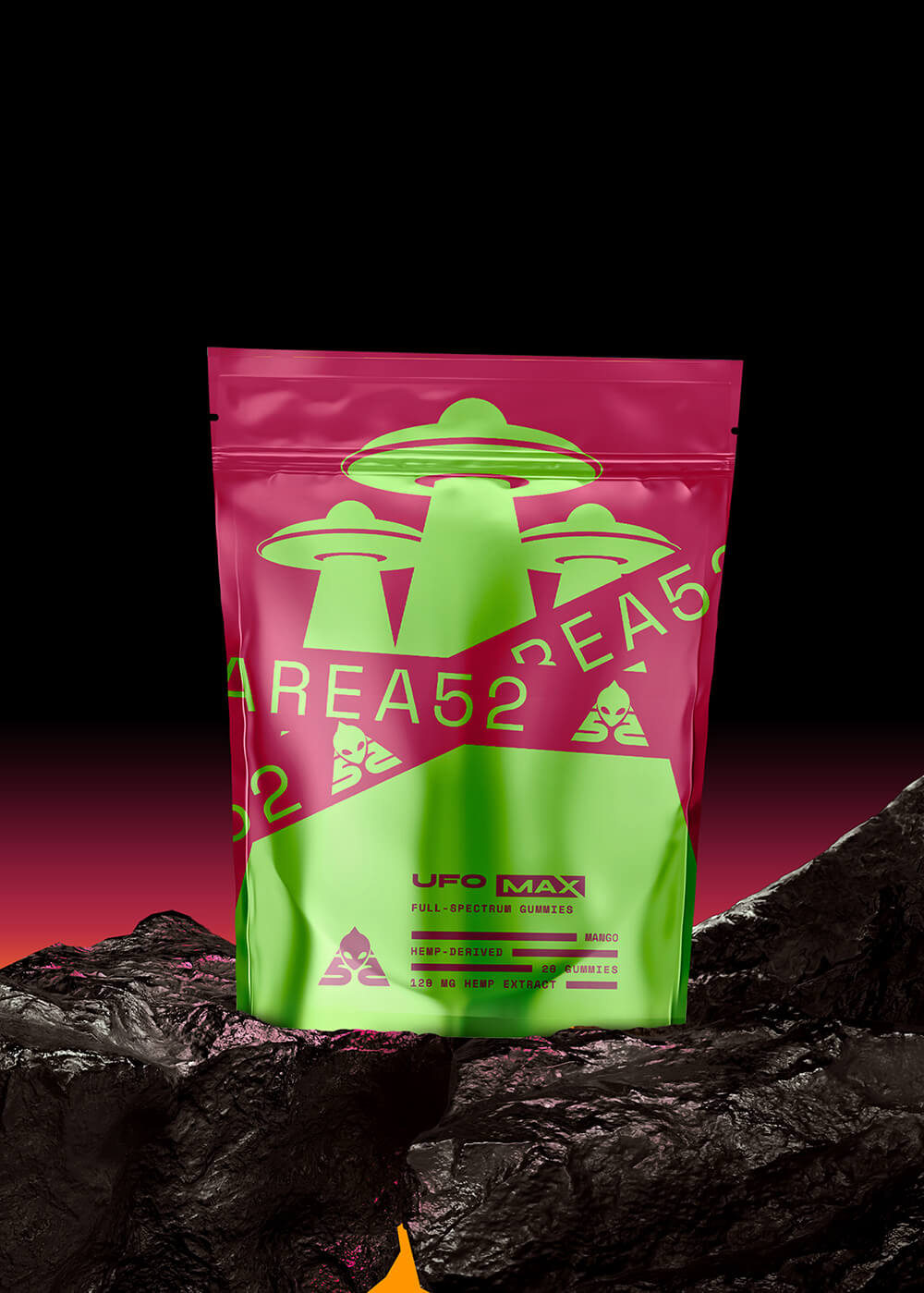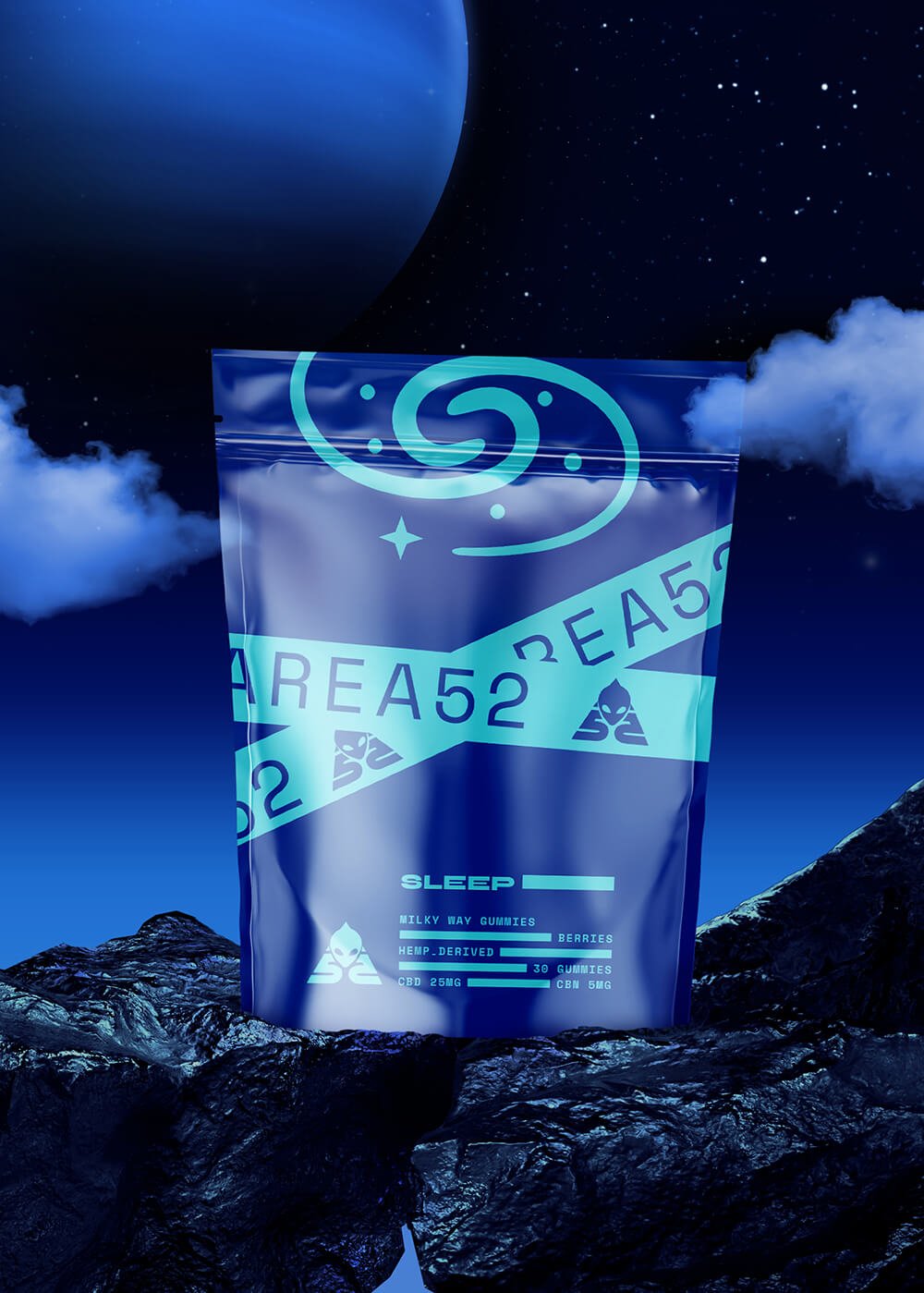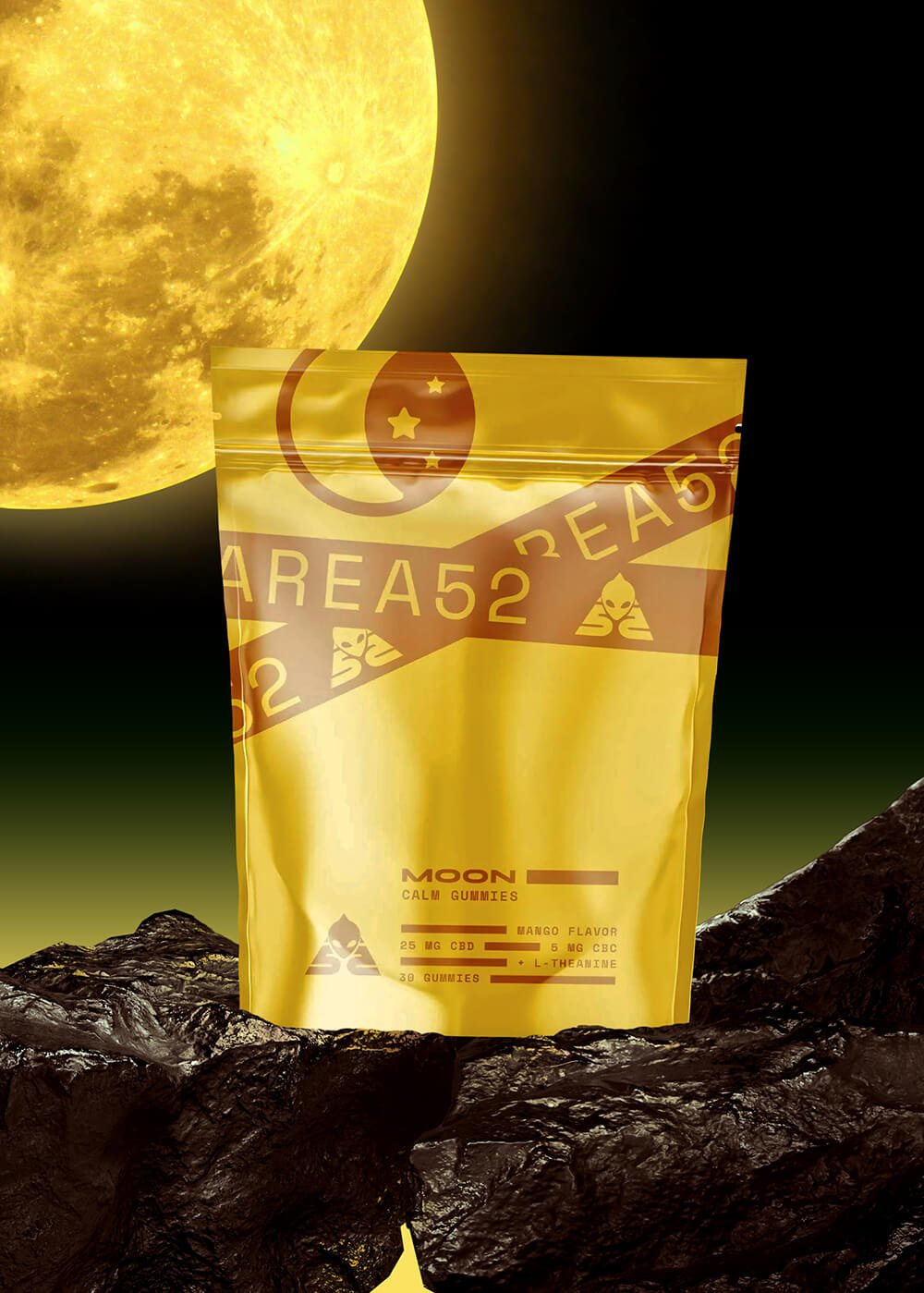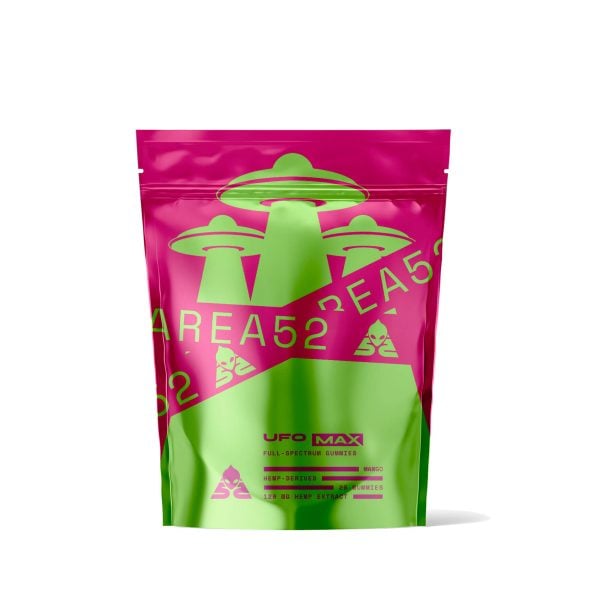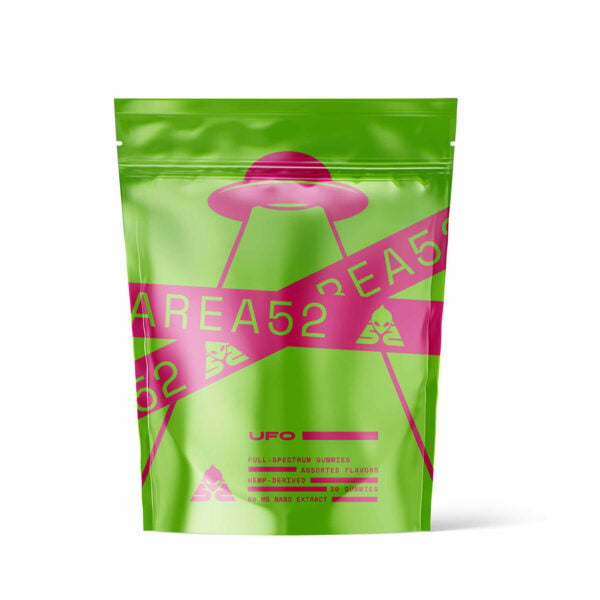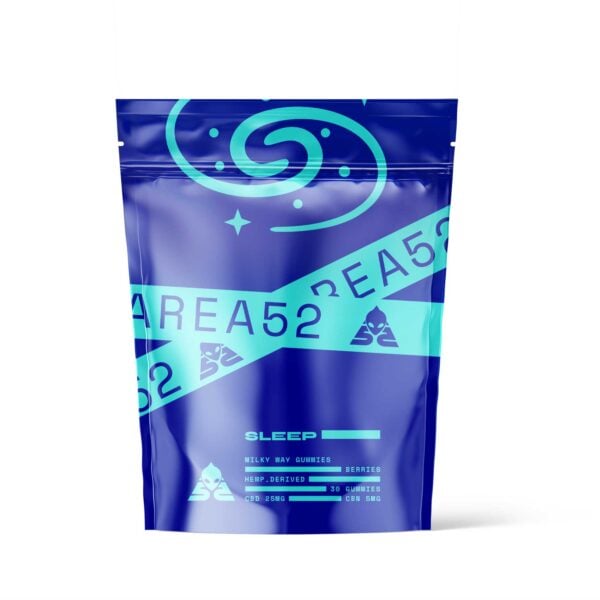Decriminalization vs. Legalization of Marijuana
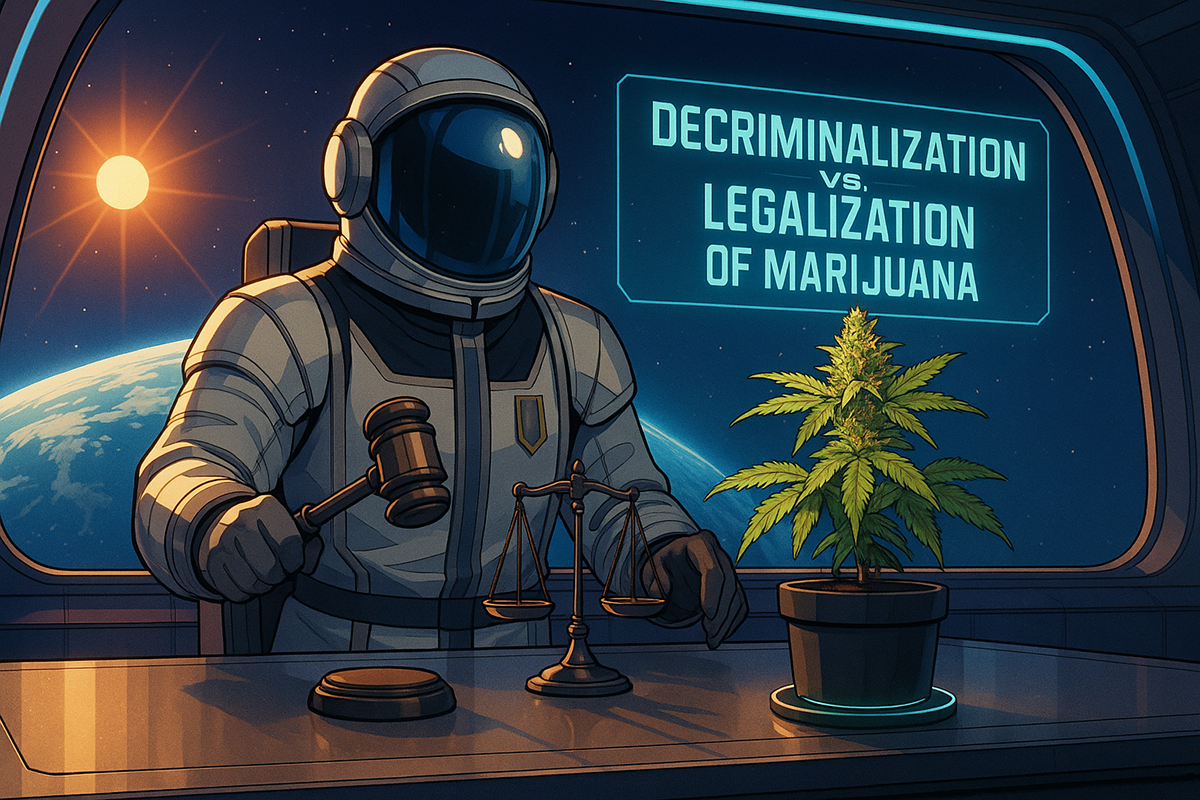
The United States is in a transition period concerning the legal status of cannabis and cannabis use. As federal law shifts, many states are also reviewing their drug policies, especially those related to marijuana.
As of 2021, 36 states have legalized cannabis for medical use (medical marijuana), 18 states have legalized cannabis for recreational use, and 13 states have decriminalized it. Still, illicit drugs and drug trafficking remain concerns for law enforcement and the legal system in many parts of the country.
But what’s the difference between legalization and decriminalization?
This article covers the key differences between decriminalization vs legalization to help you understand and abide by your local laws amidst the confusing, ever-changing legal landscape.
Summary: Decriminalization vs. Legalization
The following table summarizes the most important differences between decriminalization and legalization.
| Decriminalization | Legalization |
|
|
What Is Decriminalization?
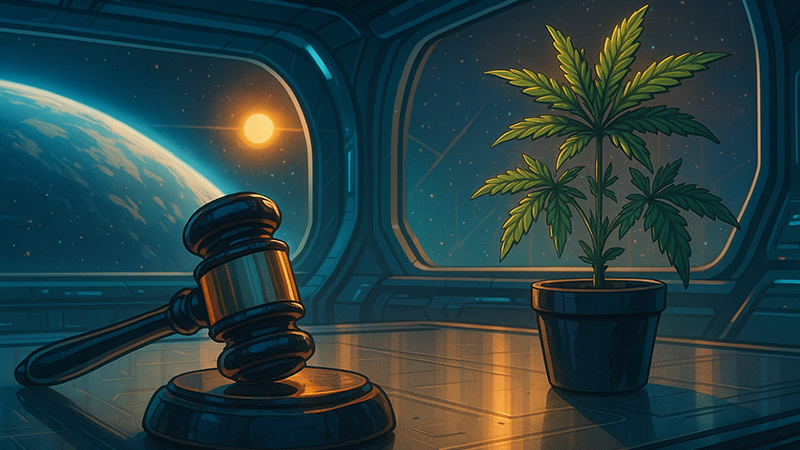
When something is decriminalized — for example, the possession of marijuana for recreational or personal use — the criminal penalties associated with the law are either eliminated or significantly reduced.
A simple hypothetical example is changing the penalty for possessing some amount of marijuana from 10 days jail time to a $100 fine.
Even though possessing marijuana still comes with repercussions in this hypothetical example, the magnitude of those repercussions is smaller.
Why Decriminalize?
Legislative bodies may choose to decriminalize a law instead of legalizing a law for several reasons.
1. Small Steps to Legalization
Decriminalization means it is the first step in the lengthy process from illegality to legality — it’s easier to convince legislators to remove the strict penalties or criminal sanctions for something than it is to legalize it entirely.
Decriminalization offers another option for people who are unsure whether they’re comfortable making something completely legal but feel current penalties are too harsh. Proponents of drug legalization may settle for decriminalization as a compromise.
2. Public Health Benefits
Another common reason to decriminalize something — especially substance possession and use of illegal drugs — is to treat it as a public health issue rather than punish individuals through drug arrests or jail time.
The conventional approach to drug addiction of any kind was to make it illegal. Addicts are punished for their addiction and sent to prison. This perpetuates the very reason they used these substances, to begin with. They can’t find meaningful work, they’re separated from friends and family, and they’re forced to give all their money and property to the government.
Modern approaches seek to treat addiction as a mental health issue or substance abuse disorder — rather than a crime. This often involves drug treatment programs to help people recover.
Portugal is the poster child for a successful decriminalized drug campaign because of their 2001 movement that decriminalized possession of all drugs. Post decriminalization, addiction rates in Portugal dropped by a jaw-dropping 60% in 10 years!
While marijuana isn’t associated with severe addiction, it’s lumped in along with substances like heroin and cocaine anyway.
3. Change in Views
Decriminalization can also be a sign of changing societal views about some topic. Generational changes in moral beliefs and what is acceptable behavior require rewriting some laws as opposition fades.
As a concrete example, let’s compare the decriminalization of cannabis in Nebraska to the illegal status of cannabis in Wyoming.
In Nebraska, possession of one ounce or less of cannabis is punishable by up to a $300 fine and enrollment in a mandatory drug education class. In Wyoming, being “under the influence” of cannabis can incur up to a $750 fine and up to six months of jail time.
The line between decriminalization and illegality is often blurry, but decriminalization penalties are always less severe.
Another essential point to realize about decriminalization is that it doesn’t change the legal status. Cannabis possession is still illegal in states where it’s decriminalized; these laws must be legalized to become legal.
What Is Legalization?
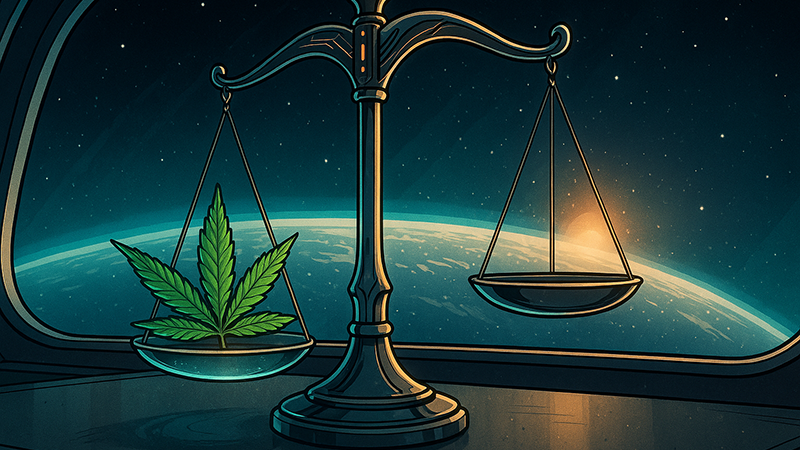
Legalization is the process by which something that was previously illegal is now legal.
However, just because something is legal doesn’t mean there aren’t restrictions.
Focusing again on cannabis, many states that have legalized cannabis for recreational use have stipulations that govern what constitutes legal use.
Typical restrictions are age limits and quantity limits. For example, cannabis is legal to buy and use in Colorado for anyone over 21. Cannabis is also legal in New Jersey, but you must be over 21 and possess no more than six ounces. Cannabis is legal in both states, but the specific laws vary.
Legalization is a more drastic step than decriminalization since it usually introduces more freedom and significantly more leniency.
Some people support decriminalization but not legalization, objecting to legalization because it makes it easier for people, especially young people, to access drugs.
Another common reason someone would support decriminalization and not legalization is supply and demand. Sudden legalization can create tremendous demand for a previously illegal substance, raising prices, paradoxically increasing the chances someone would purchase the substance on the black market. Not to mention the addition of taxes on these products that further push the prices upwards.
Why Legalize?
Some of the reasons for decriminalizing also work for legalizing. Public health and change in views are factors in these decisions. Here are a few more, mostly related to illegal substances and not unlawful actions.
1. Dismantling Black Market Vendors
The easiest way to destroy the black market is to take away its power. Give people access to high-quality products, and they’ll have no need to buy illegally.
2. Enhancing Product Safety
Legalization usually coincides with regulations. While this isn’t always efficient — or good — it can help provide a little assurance. Usually, legalization comes with strict laws on manufacturing, producing, storing, selling, and labeling, thereby cutting down on dangerous products.
Conclusion: Decriminalization & Legalization of Cannabis
Decriminalization and legalization are related but distinct topics.
The decriminalization of law usually reduces its penalties, but whatever substance or action the law governs is still illegal.
Legalization takes decriminalization one step further, making something that was previously illegal legal. Even after something has been legalized, it can still — and usually does — have restrictions. Cannabis, for example, often comes with age limits and rules about how much an individual can possess before they incur penalties.
The legalization of cannabis is a hot topic these days, with 18 states already legalizing its use for recreational purposes. Cannabis is still illegal in 19 states, however, and has only been decriminalized in 13 states. Understanding the difference between legalization and decriminalization can help you have an informed opinion about the future status of cannabis in your state, educate others, and stay out of legal trouble.
Frequently Asked Questions
1. Why is legalization better than decriminalization?
Some people argue legalization is better because it sets clear guidelines and removes criminal sanctions entirely, enabling regulations that can ensure product quality and safety. Decriminalization, by contrast, can leave the market in a legal gray area without fully addressing drug abuse or black-market activity.
2. Does marijuana legalization increase or reduce crime?
It depends on the region. In some places, drug legalization or medical marijuana programs lead to fewer drug arrests and related crimes. In other areas, illegal distribution networks persist if surrounding states remain illegal, causing mixed impacts on crime rates.
3. What are the benefits of decriminalizing marijuana?
Decriminalization often reduces the burden on the legal system, cutting down on petty drug arrests for personal use and opening pathways for more public health-oriented interventions. It can also be a stepping stone to full legalization, giving lawmakers and the public time to adapt.
4. What is the difference between legal and illegal marijuana?
Legal marijuana is sold through state-approved channels with taxed and regulated guidelines. Illegal marijuana remains unregulated, posing higher risks for contamination or incorrect potency. Using illegal marijuana can also result in criminal penalties if the state has not decriminalized or legalized it.
5. What are two negatives for decriminalization?
First, some worry it may send a message that the substance is “safe,” potentially increasing the prevalence of substance use disorder. Second, decriminalization could also result in the proliferation of unregulated products, which could pose health risks.
